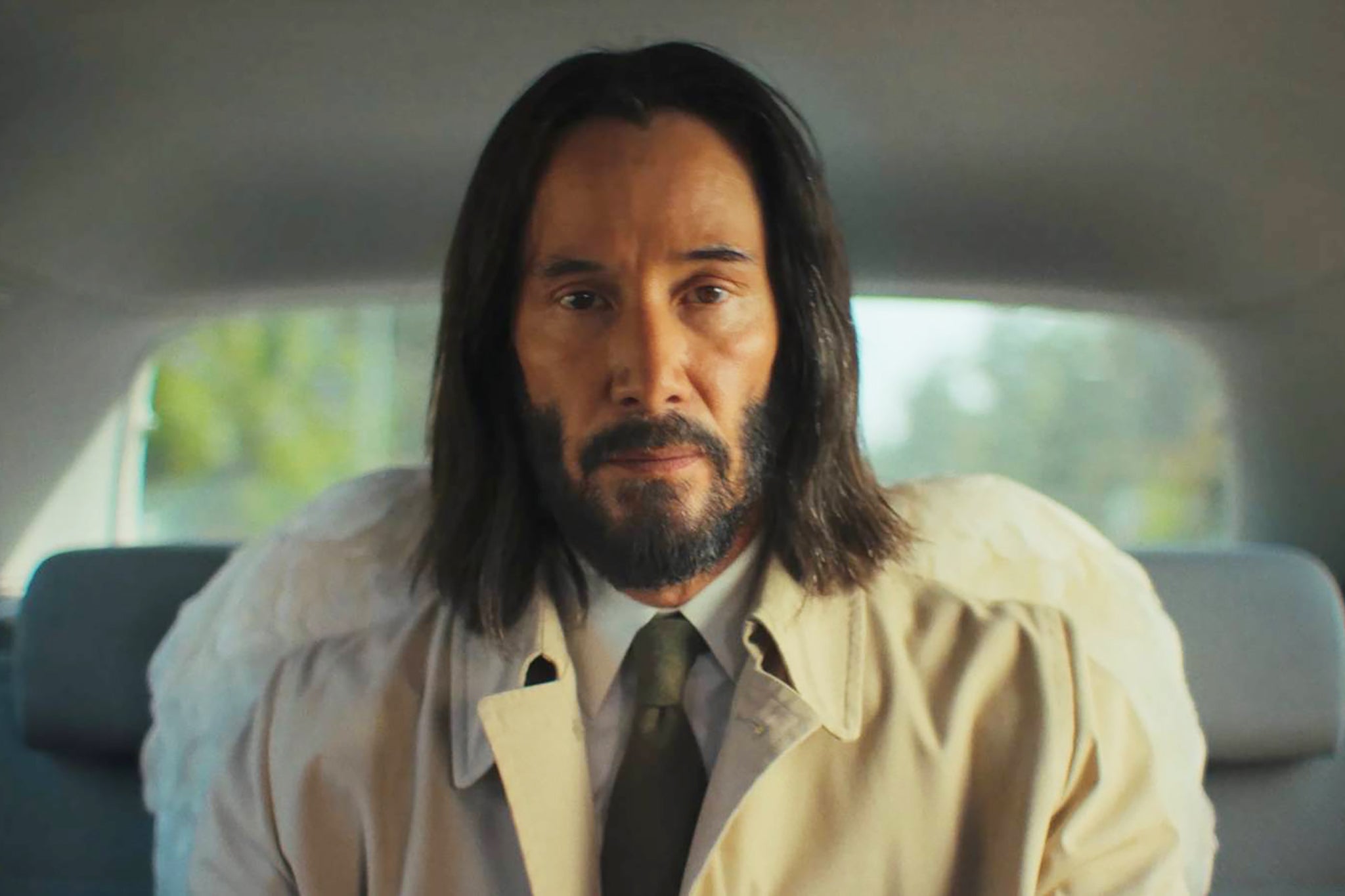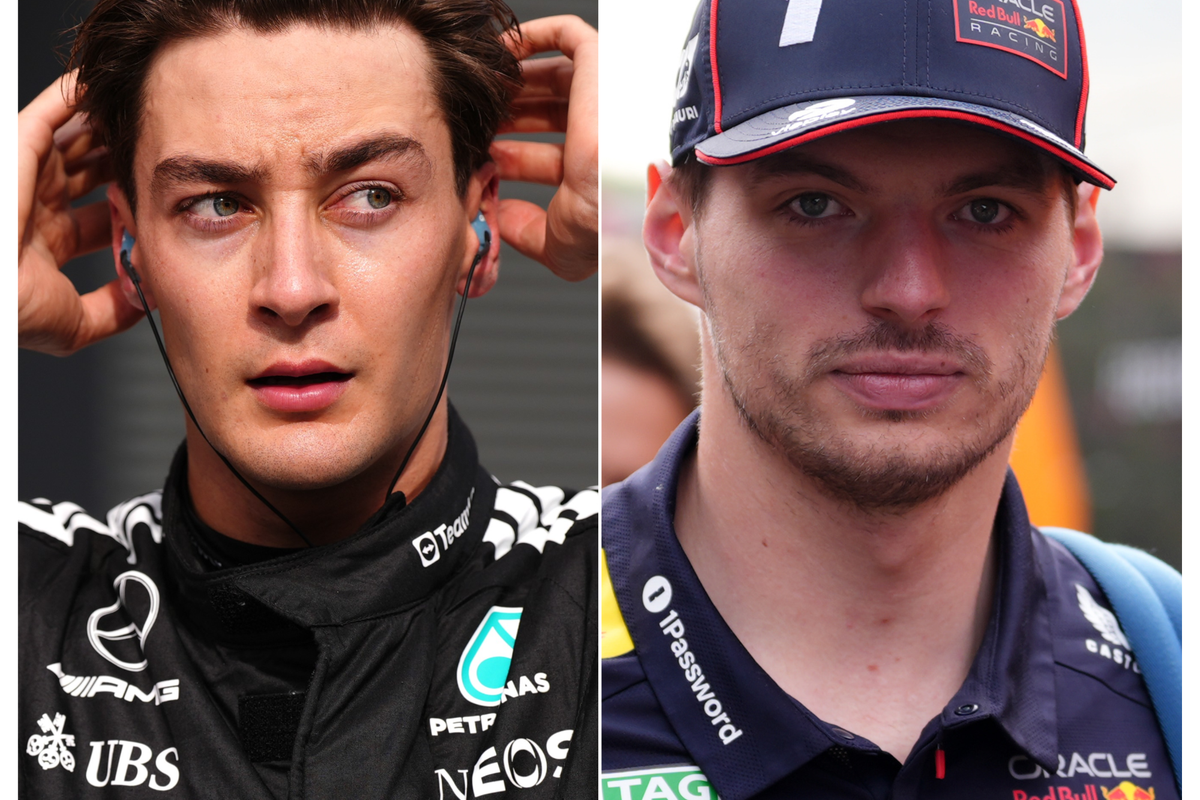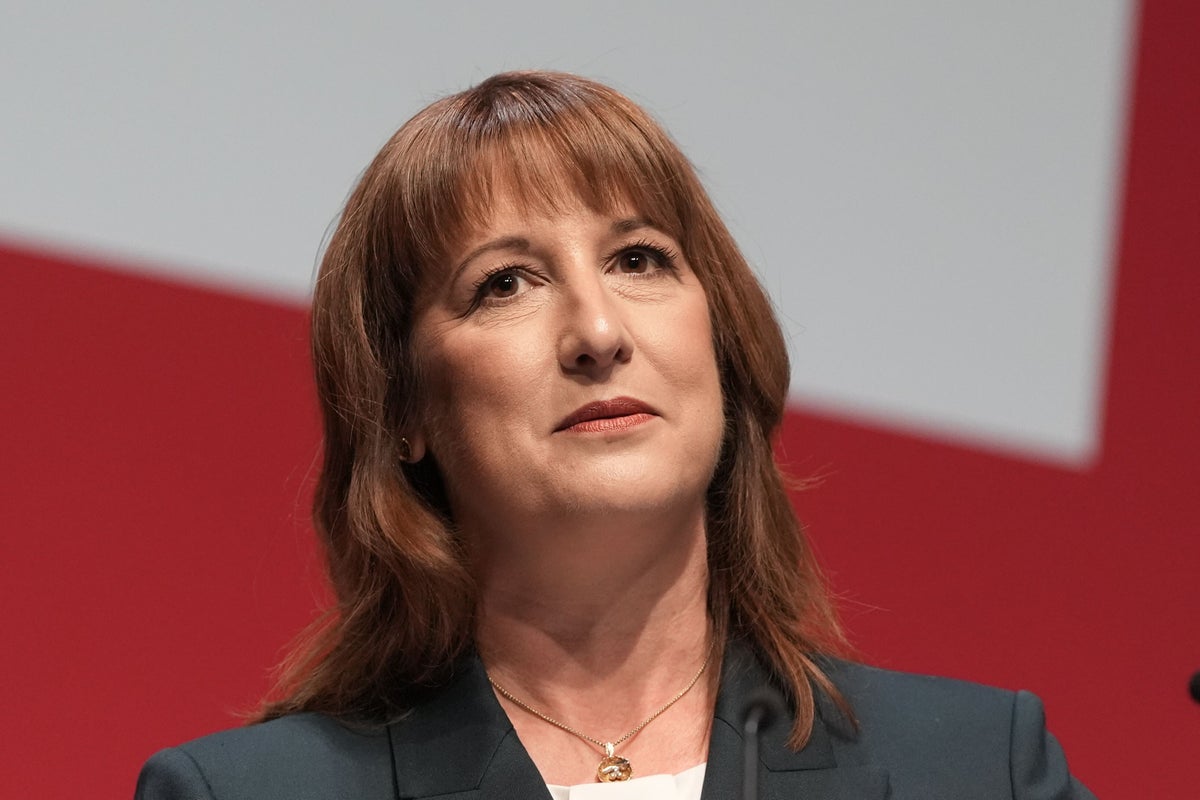Good Fortune is a cinephile’s comedy, patchworked from the likes of It’s a Wonderful Life (1946), Trading Places (1983), and Wings of Desire (1987). It’s more pleasant than it is funny. Its director, Aziz Ansari, has offered us less of the honest, personal insight that allowed Master of None, the Netflix series he co-created with Alan Yang, to sit so comfortably alongside its Criterion Collection closet full of references (In the Mood for Love, Bicycle Thieves, Manhattan, and so on).
In Good Fortune, Ansari writes and stars as Arj, an LA-based editor currently living in his car, and stuck in the endless loop of freelance odd jobs for the app TaskSergeant. One client demands he wait hours in line to pick up an order at “There Will Be Buns” – one for the Paul Thomas Anderson fans, there.
Every aspect of his life is hemmed in by money. He can’t sleep, but all the meditation podcasts are subscription-based, so his rest is intermittently interrupted by the Lexapro-high screech of a promotional ad. When he finally lands stable work as an assistant to millionaire investor Jeff (Seth Rogen), he’s swiftly fired after Jeff recommends him a restaurant to take his crush Elena (Keke Palmer) out to on a date – it turns out the steak costs £129, so Jeff panics and uses the company credit card.
Hope is not all lost, however. An angel (Keanu Reeves’s Gabriel) has been watching over him. Technically, he’s the angel of “texting and driving”, tasked with gently tapping people on the shoulder when they’re looking up the Wikipedia page for “ketchup” 10 seconds before they slam into a truck. But he dreams of guiding lost souls like the great Azrael (a well-cast Stephen McKinley Henderson).
He’ll show Arj that money won’t fix all his problems. Only the gag is, as much as Frank Capra argued to the contrary, money might not fix every problem but it certainly fixes most. It’s a smart pivot, to look at the old, cinematic tropes in the face of bleaker, more modern circumstances, and Ansari captures how people are so easily disenfranchised by the pure exhaustion of day-to-day subsistence.

But the film also feels oddly suspended between these two extremes: Adam Newport-Berra’s cinematography offers some striking compositions, yet Daniel Haworth’s editing has the slightly lax feel of sitcom television. Carter Burwell’s score is as breezy as can be, yet Palmer’s there less to flex that contagious charm of hers than deliver the film’s themes (almost) directly to camera. It’s a film about the impossibility of modern life, yet it ends on an impossibly Hollywood note of good cheer.
What emerges from that slight muddle of ideas is, ultimately, Reeves’s perfectly tuned performance as a naive celestial slowly being drawn down to earth. He really has a way with those mock-serious, declarative readings of lines like, “see how superficial your life is now?” And, out of his mouth, the word “chicken nuggies” bears the adorable, giggling energy of a fawn taking its first steps, rather than the usual infantilising millennial speak. It’s all, ultimately, meant as an homage to his own saintly reputation in the public eye, a reference inside a reference, yet it’s still the freshest, funniest thing in Good Fortune.
Dir: Aziz Ansari. Starring: Seth Rogen, Aziz Ansari, Keke Palmer, Sandra Oh, Keanu Reeves. Cert 15, 97 minutes.
‘Good Fortune’ is in cinemas from 17 October

.jpeg)
























.jpeg)













 English (US) ·
English (US) ·